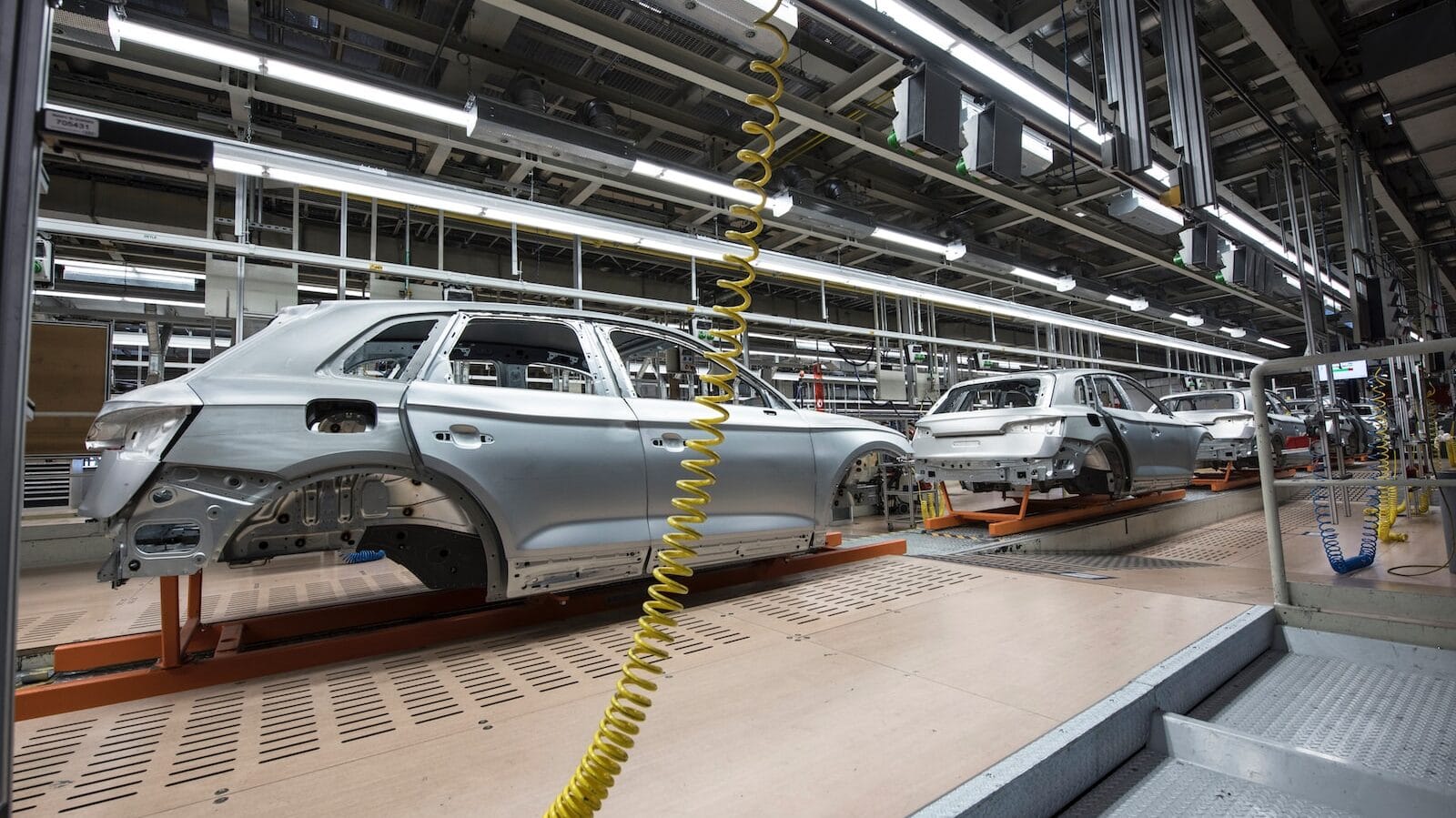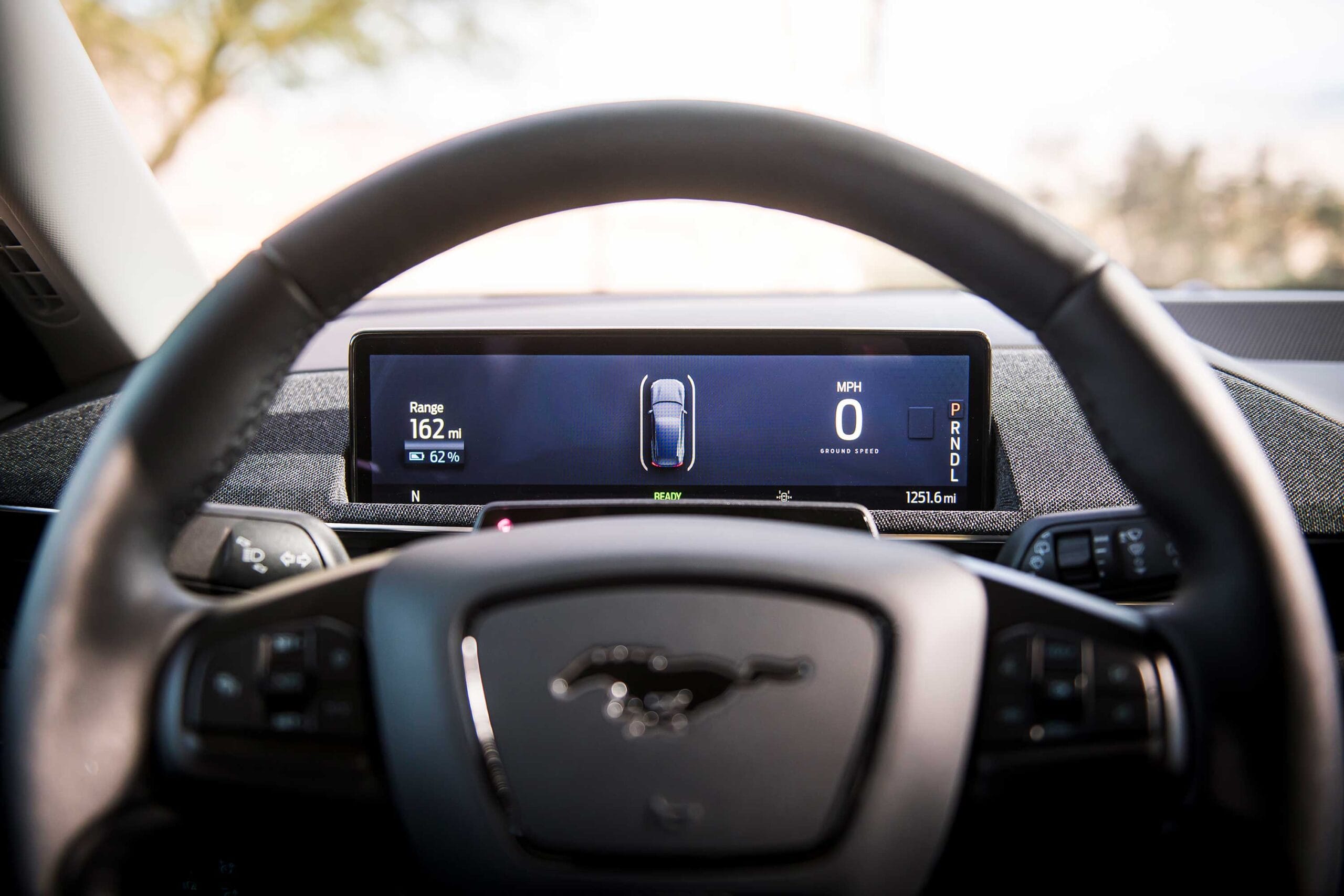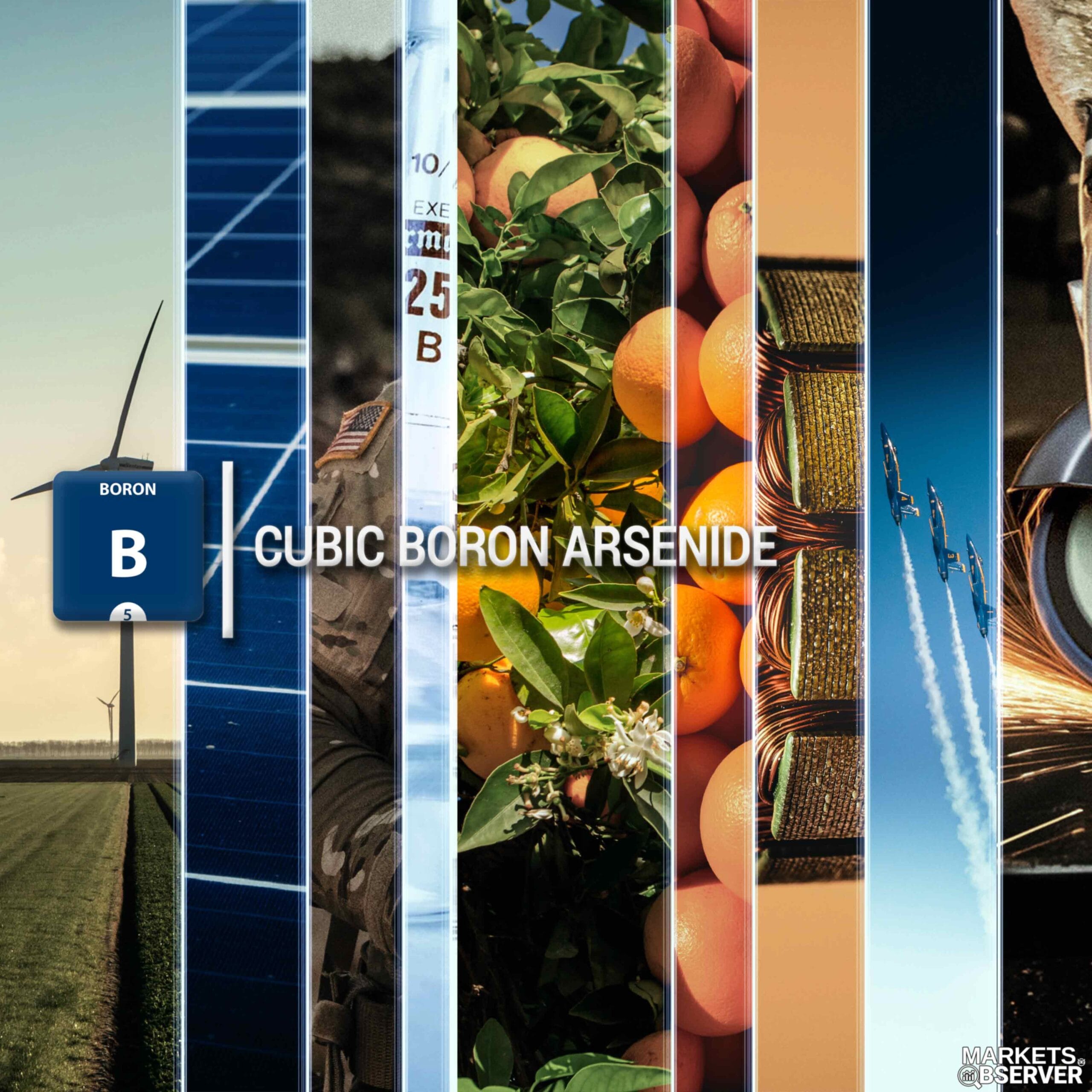The automotive industry is undergoing a significant shift towards electric vehicles (EVs) due to increasing concerns about climate change and a growing demand for sustainable transportation options. According to Goldman Sachs, EVs are expected to make up half of all global car sales by 2035.
Key Points:
- Goldman Sachs predicts that EV sales will increase from 2% of global car sales in 2020 to 51% of sales by 2035.
- This growth is expected to be driven by a combination of declining battery costs, government incentives, and increased consumer demand.
- China is expected to lead the way in EV adoption, with the country already accounting for more than half of all EV sales.
- Europe is also expected to see significant growth in EV sales, driven by government policies aimed at reducing greenhouse gas emissions.
- The United States, while lagging behind China and Europe in EV adoption, is expected to see significant growth in the coming years.
- The growth of EVs is also expected to drive demand for renewable energy sources to power these vehicles.
The shift towards electric vehicles represents a major opportunity for the automotive industry, as well as for companies involved in the production of electric vehicle components and infrastructure.
However, it also presents significant challenges, including the need for significant investment in charging infrastructure and the need for automakers to adapt to new technologies and business models.
Despite these challenges, the momentum towards electric vehicles is expected to continue to grow in the coming years.
Governments around the world are increasingly adopting policies aimed at reducing greenhouse gas emissions, and consumers are becoming more aware of the environmental impact of their transportation choices.
As the automotive industry continues to shift towards electric vehicles, companies involved in the production of traditional internal combustion engine vehicles are likely to face significant challenges.
However, this shift also presents significant opportunities for companies involved in the production of electric vehicle components, such as batteries and charging infrastructure.
The Impact of Battery Technology Advancements
The development of better battery technology is a crucial factor in the growth of electric vehicles.
Advancements in battery technology have led to increased range, faster charging times, and improved durability, making electric vehicles more practical and cost-effective for consumers. Innovations such as solid-state batteries and advanced cathode materials are expected to further improve the performance of electric vehicle batteries, which will likely accelerate the shift away from traditional combustion engine vehicles.
Government Policies and Regulations Driving the Growth of EVs

Many countries have implemented policies and regulations to support the transition to electric vehicles.
Emissions standards that favour electric vehicles, tax credits or subsidies for EV purchases, and the development of charging infrastructure are just a few examples of government initiatives designed to encourage the adoption of EVs.
China Leads the Way in EV Adoption

China is currently the world’s largest market for electric vehicles.
The Chinese government has implemented a range of policies and incentives to promote the adoption of electric vehicles, including subsidies for EV purchases and the construction of charging infrastructure.
The high demand for electric vehicles in China is driven by a combination of government support, rising consumer awareness of environmental issues, and improvements in battery technology and charging infrastructure.
Europe Sets Ambitious Climate Goals
Europe is also emerging as a major market for electric vehicles, driven by the European Union’s ambitious climate goals.
The EU has set a target of reducing greenhouse gas emissions by at least 55% by 2030, and has implemented a range of policies aimed at promoting the adoption of electric vehicles, including tax incentives and emissions standards.
US Government Policies and Consumer Preferences Driving Electric Vehicle Growth

The United States is the second-largest market for electric vehicles, accounting for approximately 17% of global sales. Despite challenges such as the phase-out of tax credits and changes in fuel efficiency standards, the electric vehicle market in the US is expected to continue to grow due to a combination of supportive government policies and evolving consumer preferences.
The Biden administration has set ambitious goals to reduce greenhouse gas emissions, including a target of reaching net-zero emissions by 2050. To achieve this, the administration has proposed significant investments in electric vehicle infrastructure and incentives for EV purchases.
Additionally, a growing number of consumers are opting for electric vehicles due to their lower operating costs, improved range, and reduced environmental impact. As a result, the electric vehicle market in the US is expected to see significant growth in the coming years.
US Market Growth for Electric Vehicles Have Previously Been Hindered by Policy
Despite being the second-largest market for electric vehicles after China, the United States has seen slower growth in the adoption of electric vehicles compared to Europe and China.
While there are a number of factors at play, policy changes in recent years have contributed to a more challenging market environment for electric vehicles in the US. For example, the phase-out of tax credits for electric vehicles and changes to fuel efficiency standards under the previous administration have made it more difficult for electric vehicles to compete with traditional gasoline-powered vehicles.
However, with the new administration’s focus on climate change and clean energy, there is renewed optimism for the growth of the electric vehicle market in the US, with new incentives and infrastructure investments likely to be a key driver of growth in the coming years.
The Implications of the Shift to Electric Vehicles for the Automotive Industry

The shift to electric vehicles is expected to have significant implications for the automotive industry. In addition to changes in supply chains and manufacturing processes, the adoption of electric vehicles is likely to have impacts on job markets and business models in the automotive sector. The shift towards electric vehicles is also likely to disrupt traditional business models in the oil and gas industry, with demand for gasoline and diesel likely to decline.
The Role of Renewable Energy in Powering Electric Vehicles
The growth of electric vehicles is expected to drive demand for renewable energy sources to power these vehicles. This could lead to a significant shift in energy markets, with renewable energy sources such as wind and solar likely to play an increasingly important role in meeting the demand for electric vehicle charging. The transition to renewable energy sources could also have positive impacts on the environment, reducing carbon emissions and improving air quality.
In conclusion, the shift towards electric vehicles represents a major opportunity for the automotive industry and for companies involved in the production of electric vehicle components and infrastructure. While significant challenges remain, the growing demand for sustainable transportation options is expected to drive continued growth in the electric vehicle market in the coming years.








